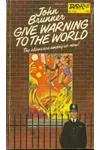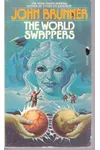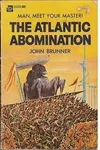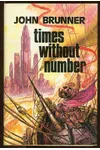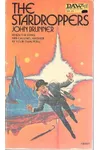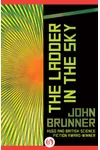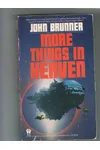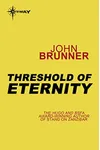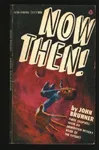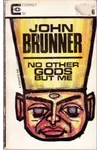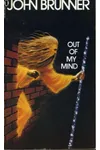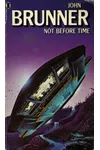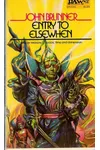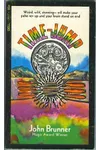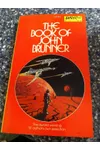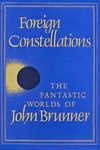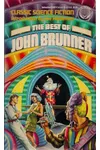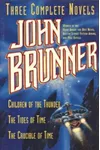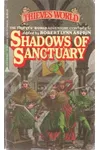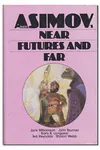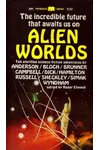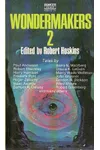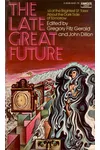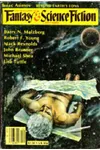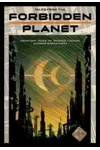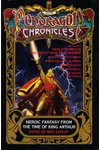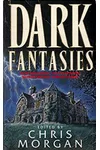Picture a British visionary who saw the future through a kaleidoscope of words—meet John Brunner! Born in 1934, this science fiction maestro crafted tales that didn’t just entertain but predicted our world’s twists and turns. From the Hugo Award-winning Stand on Zanzibar to coining the term ‘worm’ in computing, Brunner’s stories are a time machine of ideas.
The Making of John Brunner
John Kilian Houston Brunner grew up in Oxfordshire, England, with a vivid imagination sparked by wartime upheaval and a love for speculative fiction. By his teens, he was already penning stories, publishing his first novel, Galactic Storm, at just 17 under a pseudonym. A stint in the Royal Air Force and a rebellious streak against traditional publishing fueled his drive to carve a unique path in science fiction.
John Brunner’s Unforgettable Stories
Brunner’s works are a thrilling blend of social commentary and futuristic foresight. Stand on Zanzibar (1968), his Hugo-winning masterpiece, paints a dystopian 2010 grappling with overpopulation and corporate control, eerily mirroring today’s challenges. Its innovative, fragmented narrative style broke new ground. The Shockwave Rider (1975) introduced the concept of a computer ‘worm,’ predicting cyber threats decades early. The Squares of the City (1965) cleverly uses a chess game as a metaphor for political intrigue, showcasing his genre-blending brilliance. His style—sharp, satirical, and layered with ethical questions—made readers rethink technology’s role in society.
Unlike many peers, Brunner didn’t shy away from gritty realism or complex characters. His novels tackled overpopulation, environmental collapse, and digital surveillance, themes that resonate even now. Whether crafting sprawling epics or concise thrillers, he balanced bold predictions with human stories, earning a cult following among sci-fi fans.
Why John Brunner Matters
John Brunner’s legacy lies in his uncanny ability to predict societal shifts—think Black Mirror, but decades earlier. His term ‘worm’ is now a cybersecurity staple, and his warnings about overpopulation and tech monopolies feel like today’s headlines. Despite personal struggles and a rocky relationship with publishers, Brunner’s influence endures in modern sci-fi, inspiring authors like William Gibson. His fearless storytelling reminds us that fiction can both warn and inspire.
About John Brunner
- Born: September 24, 1934, Oxfordshire, England
- Key Works: Stand on Zanzibar, The Shockwave Rider, The Squares of the City
- Awards: Hugo Award (1969), British Science Fiction Award
- Died: August 25, 1995, during a sci-fi convention in Glasgow
Ready to explore a mind that saw tomorrow? Snag Stand on Zanzibar and dive into John Brunner’s thrilling, thought-provoking sci-fi!








